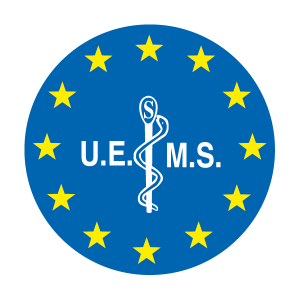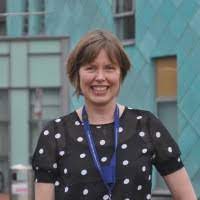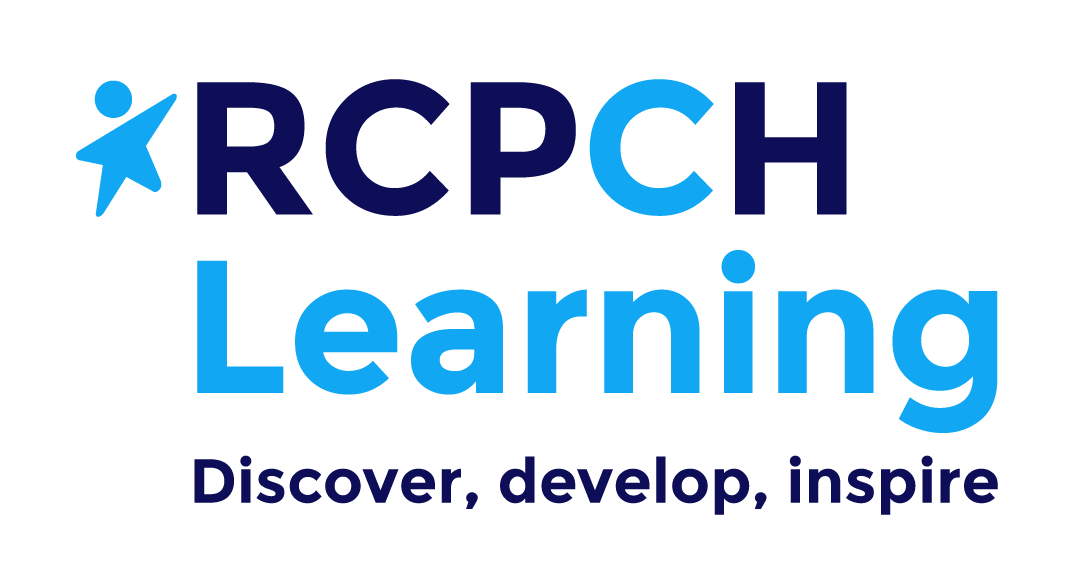Length
60 minutes
Target Audiences
- The target audience is Level 1 clinical staff, paediatric trainees, MDT team members, GPs, Health Visitors, Physiotherapists, Occupational Therapists and School Nurses.
Self-paced
Work through the module at your own pace.When you have completed the module, you can return at any time to re-review any of the sections.
Free
Log in with your account
Course information
Recognising Neuromuscular Disorders: A practical approach is accredited by the European Accreditation Council for Continuing Medical Education (EACCME).

Welcome to this eLearning module on a practical approach to recognising neuromuscular disorders. The target audience is Level 1 clinical staff, paediatric trainees, MDT team members, GPs, Health Visitors, Physiotherapists, Occupational Therapists and School Nurses.
It is expected that this module will take around 60 minutes to complete. First, work through the sections in order. If you need to, you can take a break after any section and continue with the remaining sections when you return. When you have completed the module you can return at any time to re-view any of the sections.
Learning objectives
After working through this eLearning module you will be able to:
- Apply a clear, structured approach to assessing motor development in children aged 0 – 5 years
- Utilise this approach to recognise abnormal motor development
- Report your clinical findings in a structured referral to paediatrics
- Recognise the most common neuromuscular disorders in children
- Be aware of the impact of early detection of neuromuscular disorders
- Recognise the value of the recent improvements in management, treatment and care of children with a neuromuscular disorder.
Subject matter experts
The content for this module was developed by a team of enthusiastic doctors and physiotherapists working together to provide medical care and therapy for children with muscle disorders. The team is also involved in cutting edge research for new treatments. Early access to these treatments significantly improves these young patients’ futures. We therefore strive to improve recognition for these devastating conditions.
Why this course?
- To raise awareness of muscle disorders in children
- To facilitate the assessment of motor development of children in primary care
- We believe that by improving training in child development, we can lower the age of diagnosis of muscle disorders in children
This project was made possible by an educational grant from PTC Therapeutics, which had no input into the content.
Musuclar Dystrophy UK GP eLearning module
Muscular Dystrophy UK Physiotherapist eLearning module
Muscular Dystrophy UK Healthcare Professionals network
http://www.musculardystrophyuk.org/news/news/muscular-dystrophy-uks-health-professionals-network/

Dr Henriette van Ruiten
Paediatric neurologist
Dr Michela Guglieri
Muscle disorder specialist
Dr Anna Mayhew
Neuromuscular physiotherapis
Creation and review log
| Creation/review | Date |
|---|---|
| Launch date | March 2018 |
| Review date | March 2021 |
| Next review | March 2024 |
As of 1st September 2016 the Revalidation and CPD team of the Royal College of Paediatrics and Child Health no longer allocates a number CPD credits to courses or events. The removal of credits associated with events allows delegates to record the educational benefit of the activity through written reflection, in contrast to quantifying the significance based on the time duration of the course. This is in accordance with changes made to the CPD Scheme guidelines published in April 2016.
Detailed information and scheme guidance can be found on the RCPCH website
When recording the activity, delegates should focus on the reflection and detail the following:
- What did you learn?
- What effect has/will the learning had/have on your current practice?
- What further learning or action, if any, is needed as a result of the original learning activity?
Should you have any questions regarding the removal of credits, please feel free to contact the CPD team
If you use the RCPCH CPD Diary, you can click here to visit the diary and record your learning: Log your learning on the RCPCH CPD Diary
Related resources
-

How to Manage: Recognising Neuromuscular Disorders
This course focuses on the early recognition of neuromuscular conditions, bringing together a multi-professional team to deliver a case-based programme for health visitors, nurses, physiotherapists, general practitioners & allied healthcare professionals.
Found an issue? Please get in touch with us:
Email us at rcpchlearning@rcpch.ac.uk